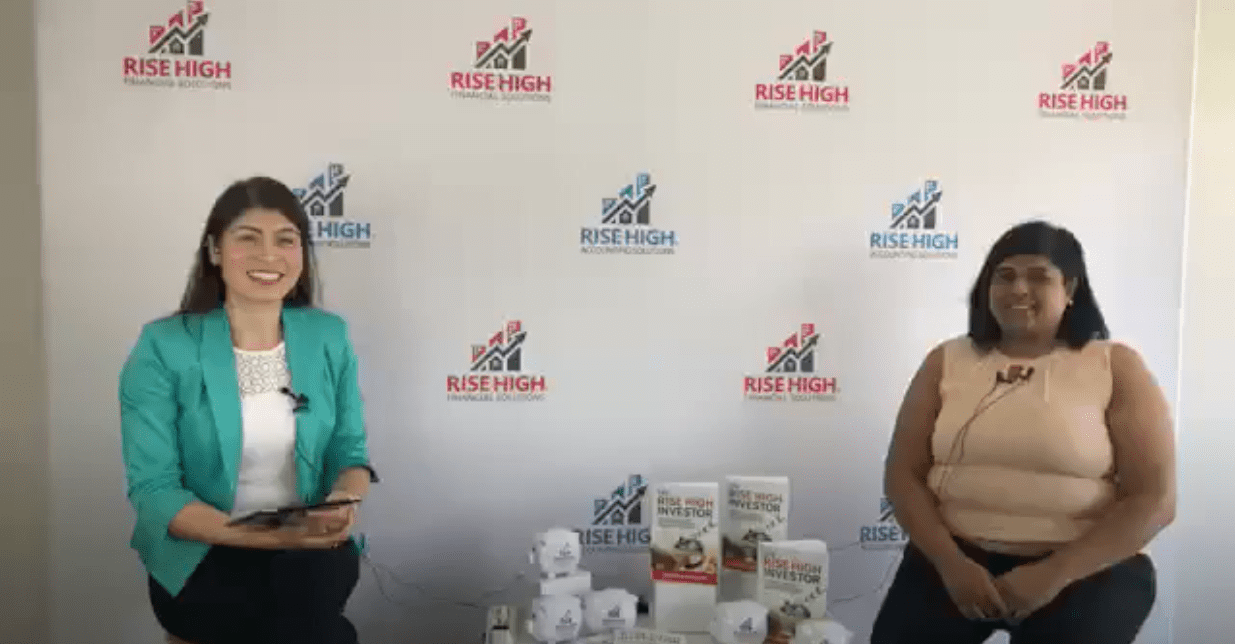Unfortunately, banks do not reward loyalty and they generally offer new customers cheaper interest rates. New borrowers are paying on average 32 basis points less than existing borrowers, which on a $400K loan equates to approximately $1,300 per year in Interest savings.
Saving money and getting a cheaper interest rate is a great reason to refinance, but there are plenty of other reasons why it might be worth considering.
1. Restart/Extend your loan term
If your loan is coming off its interest-only period, you can consider refinancing to extend your loan term to 30 years, rather than making principle and interest repayments over a shorter loan term (hence higher repayments).
2. Extend your interest-only period
If your bank won’t extend your interest-only period, refinancing to a new lender may be the solution.
3. Access equity
You might be looking to buy an investment property or looking to access some equity in your home for another purpose.
4. Increase your borrowing capacity
There is a significant variance between lenders right now in terms of what they will and won’t do from a credit perspective. This means that your current bank may not be the right bank for you based on what you want to achieve.
While refinancing can have its benefits, it is important to protect your credit score in the current credit environment. Being rejected is a very real fear when looking to refinance, but there are steps you can take to eliminate or significantly reduce the risk of this happening. Click here to learn more about your borrowing capacity and how you can improve yours.
5. Cost
This may include discharge fees from your outgoing lender, as well as establishment fees or set up fees from the new lender. It is important that you only proceed with a refinance application if it is going to put you in a better financial position.
If you have a fixed loan, another cost to consider is break fees. These apply when you refinance within the fixed period of your home loan. An example is if you’re on a five-year fixed mortgage and you decide to refinance after three years. There is no hard and fast rule with these costs, but they can be as high as $10,000.
Just because you have a fixed price loan that doesn’t mean it’s going to be too expensive to refinance. It doesn’t cost anything to find out what the break costs are, so that’s the first step. Your mortgage broker can help in the process and once you know the break costs you can include them in your calculation to determine if refinancing is the right thing for you.
On average it costs between $700 and $1500 per loan or security to refinance. You should make sure you have taken these costs into consideration when determining whether you will be better off.
6. Lenders Mortgage Insurance
Another thing to consider when looking to refinance is ensuring you owe less than 80% on your loan to avoid paying Lenders Mortgage Insurance (LMI). You could possibly end up paying LMI twice if you paid it first when you purchased your home then again when you refinance.
It is important when refinancing your home that all the checks and balances have been done to ensure you are protecting your credit score. By using a reputable mortgage broker, you can make sure all the calculations are done correctly before the application is submitted.
A great mortgage broker who makes sure that thorough calculations are done before you apply for the loan this can put you in the best position to significantly reduce the chance of rejection.
Other factors to consider when looking to refinance include;
- Ensuring you disclose all your liabilities to your broker. Positive credit reporting means the banks can find everything and may decline applications where applicants have not disclosed liabilities.
- Your individual property investment strategy. Click here to learn how we can help you on your property investment journey.
- Protecting your credit score. Avoid payday lenders, late payments and defaults.
- Maximising your borrowing capacity by reducing credit card and personal debt limits and reducing your daily spending.
- Click here to learn more about negotiating a better interest rate on your mortgage.
Is there a right time to refinance?
It’s important in the current environment that you review your home loan and property investment loan regularly. We’d recommend you review them at least once a year.
Reviewing your loans does not mean you have to refinance annually, but it is important to keep on top of your loan interest rate is to ensure you are always getting a competitive rate. Reviewing can mean renegotiating with your current bank or getting your broker to do that for you or potentially looking at other options to save you money.
There are a lot of reasons to refinance and this should be based on your personal situation and what is right for you. At Rise High Financial Solutions and we can help find the right solution for you. Click here to learn more.



